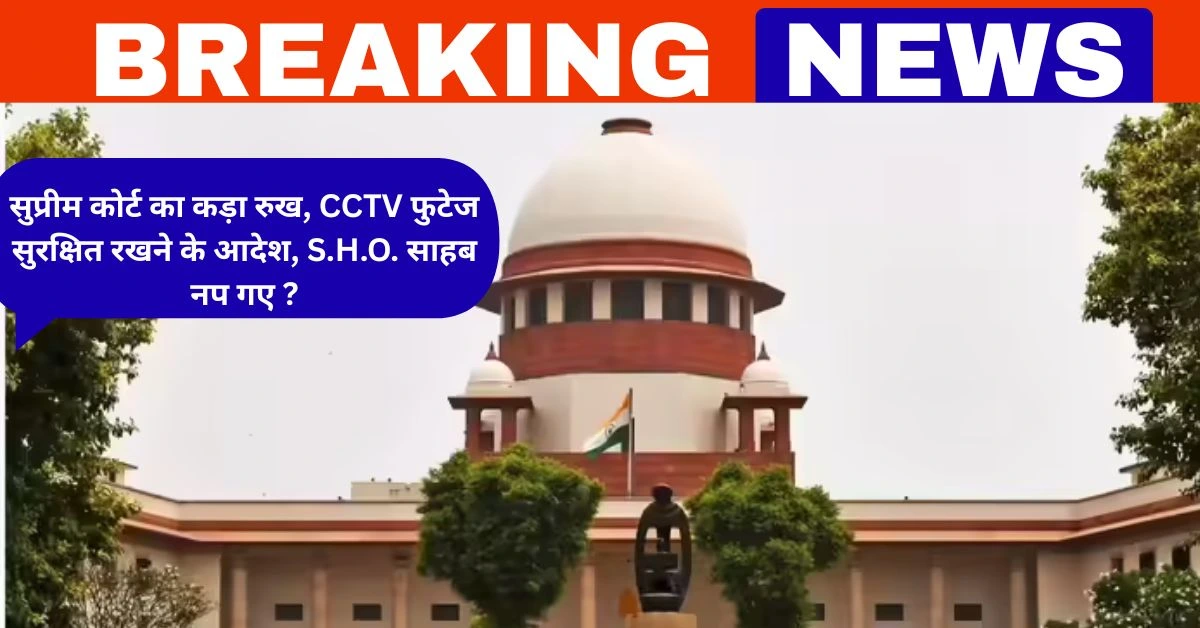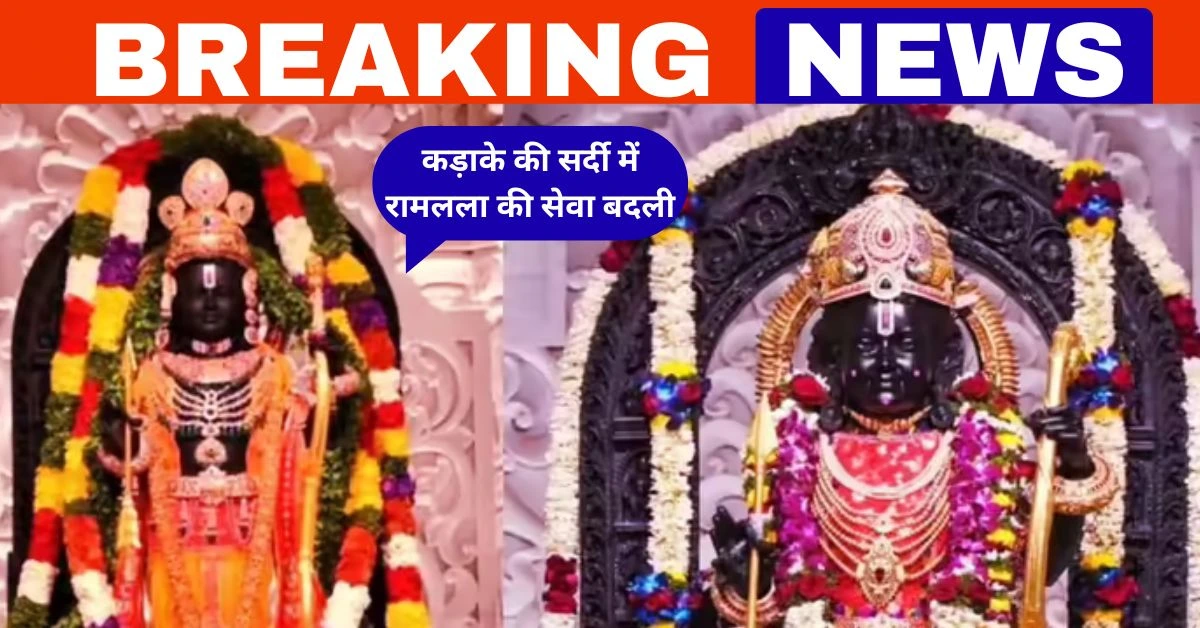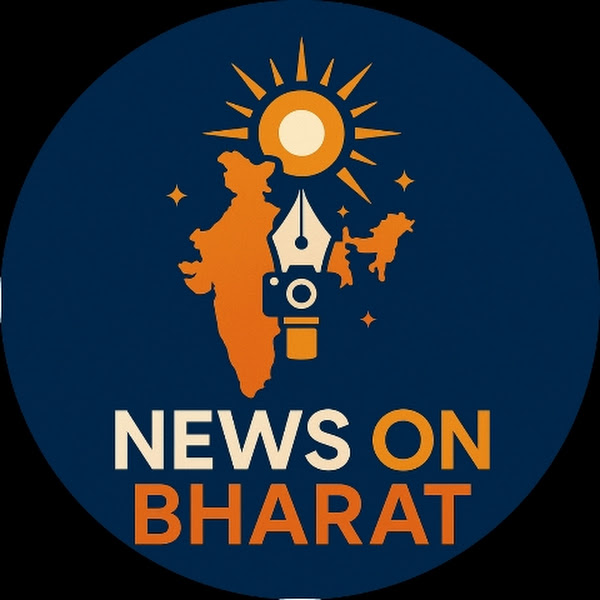1. Delhi Assembly Elections Heat Up
The Delhi Assembly elections have created a buzz across political circles, with Aam Aadmi Party (AAP), Bharatiya Janata Party (BJP), and Congress intensifying their efforts. In the last two elections, AAP emerged as the dominant force, but this time the contest is expected to be tighter. BJP, under the leadership of Prime Minister Narendra Modi, has been focusing on strengthening its presence in Delhi through strategic campaigns, while Congress has been attempting to regain its relevance. Voter turnout will play a significant role in determining the election outcome, and all three major parties are focused on appealing to the voters’ concerns.
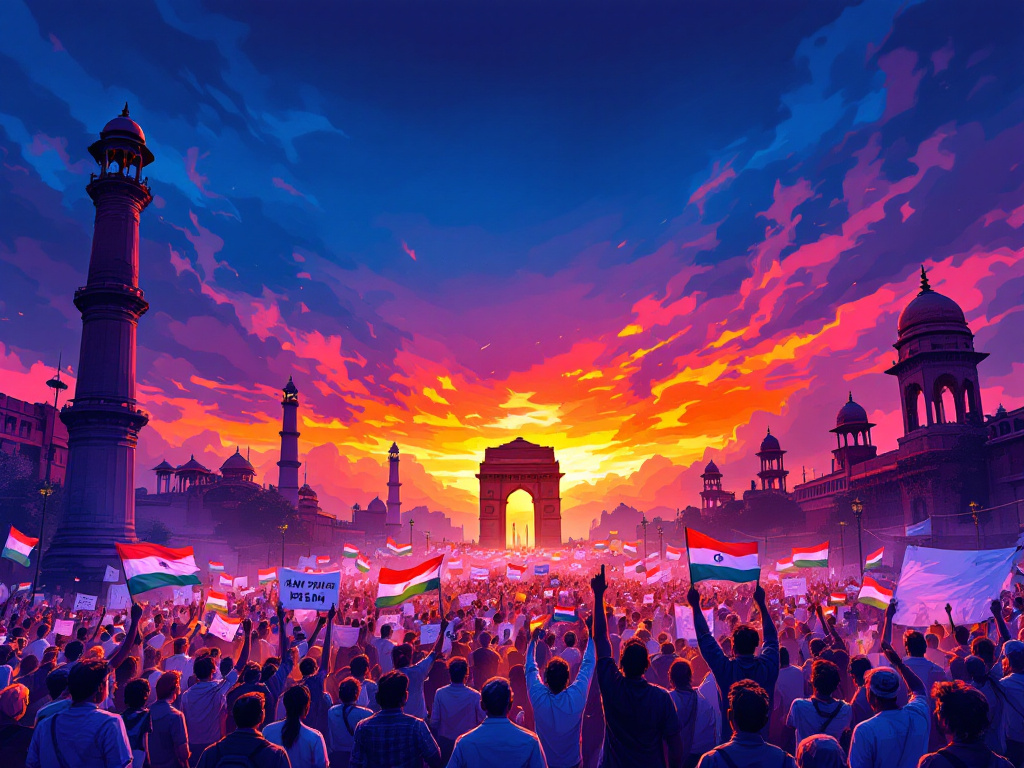
2. Prime Minister Modi’s Visit to Andhra Pradesh and Odisha
Prime Minister Narendra Modi is on a two-day visit to Andhra Pradesh and Odisha, beginning January 8, 2025. During this visit, he will launch development projects worth over ₹2 lakh crore, aimed at boosting infrastructure and enhancing the economic growth of these states. Key projects include improvements in transportation networks, water supply systems, and energy initiatives. Modi’s visit is also seen as an effort to solidify BJP’s position in the states, which have traditionally been ruled by regional parties. The inauguration of these projects is expected to have long-term benefits for both states.
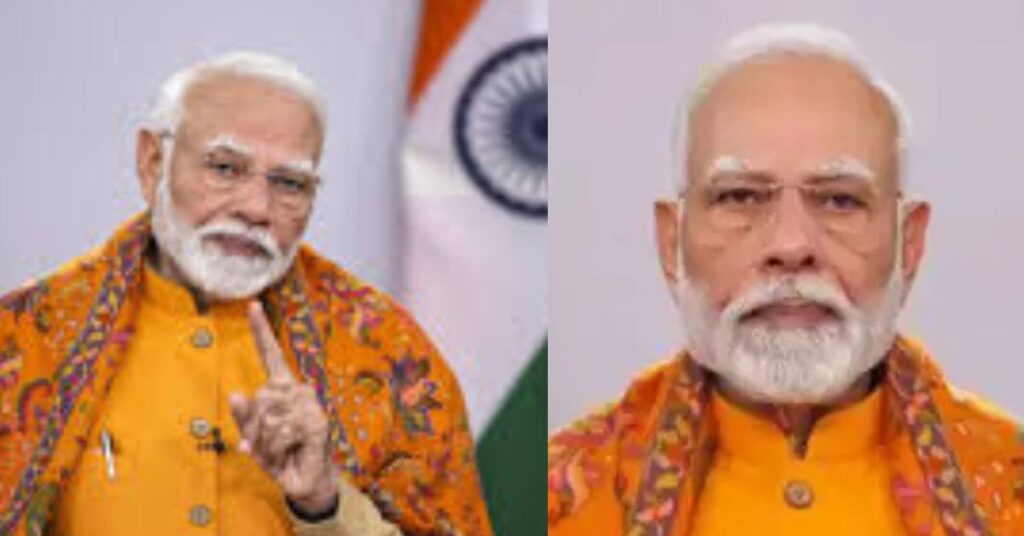
3. Earthquake in Tibet Felt Across Borders
A significant earthquake measuring 7.1 on the Richter scale hit Tibet early today, triggering tremors across neighboring countries including India, Nepal, Pakistan, and Bangladesh. While Tibet, located near the India-China border, bore the brunt of the quake, several northern states of India, including Himachal Pradesh and Uttarakhand, also experienced mild tremors. Rescue operations are underway, as several buildings have sustained damage, and authorities are focused on providing aid to the affected regions. Fortunately, there are no confirmed reports of widespread casualties, but the situation is still being monitored.

4. Mining Accident in Assam
In Assam, a mining disaster has left several laborers trapped underground. The situation is dire as rising water levels inside the mine have impeded rescue efforts. Assam’s Chief Minister has promised quick action, and local authorities are coordinating with the National Disaster Response Force (NDRF) for a rescue mission. Despite the challenges posed by heavy rainfall and flooding, search operations are ongoing. This incident has raised concerns about the safety of workers in the state’s mining sector, with demands for improved safety standards intensifying.

5. Tensions Escalate at India-China Border
Tensions along the India-China border in Ladakh have escalated after a recent skirmish between military personnel from both sides. Reports indicate that there have been minor clashes near Eastern Ladakh, with both countries accusing each other of violating the terms of their previously agreed-upon ceasefire protocols. Indian Army officials have confirmed the incident but have stressed that the situation is under control. Diplomatic channels are actively engaged, with both governments working to de-escalate tensions and avoid further confrontations. Analysts are closely watching developments, as these border skirmishes could potentially lead to broader geopolitical ramifications.

6. Health Ministry Prepares for New Virus Outbreak
In light of a new viral outbreak in China, India’s Ministry of Health has stepped up preventive measures, urging all states to monitor and contain any potential spread of the virus. Though health experts believe the risk to India is currently low, the government is not taking any chances. The Indian Council of Medical Research (ICMR) has issued guidelines to medical institutions on preparedness for any surge in cases, particularly in airports and seaports. Officials are advocating for an enhanced surveillance system, including testing for travelers arriving from regions where the virus is rampant. India’s proactive stance aims to ensure that the country is prepared for any possible health emergencies.

7. New Initiative to Reduce Road Accidents
Union Minister Nitin Gadkari has announced a new initiative to curb road accidents, which have been a growing concern across the country. As part of this initiative, the government will now offer cashless treatment for individuals injured in road accidents. This measure is designed to ensure that people receive timely medical care without the barrier of immediate medical costs. Additionally, road safety awareness programs will be ramped up across schools and communities. This policy is part of a larger government effort to reduce the number of fatalities and injuries on Indian roads, which continue to be among the highest in the world.

8. New ISRO Head Appointed
The Indian government has appointed V Narayanan as the new head of the Indian Space Research Organisation (ISRO), succeeding S. Somnath. Narayanan, who has vast experience in aerospace engineering, is expected to lead ISRO to new heights. Under his leadership, ISRO will focus on expanding its space exploration programs, including future missions to the Moon and Mars. Experts predict that ISRO will continue to push boundaries in the space sector, especially with plans for new satellites and space technology innovations. Narayanan’s leadership is seen as critical for India’s ambitions to become a global leader in space exploration.

9. North India Faces Severe Cold and Fog
Cold waves have intensified across North India, with Delhi, Uttar Pradesh, Rajasthan, and Bihar experiencing dense fog and freezing temperatures. The chilly weather has led to delays in air travel, with several flights and trains either delayed or canceled due to poor visibility. In addition, the cold conditions have been hard on those living in poverty, especially the homeless. Authorities have issued advisories urging people to stay indoors as much as possible and take precautions against hypothermia and respiratory problems. The Meteorological Department predicts that the cold wave will continue for the next several days, impacting daily life.
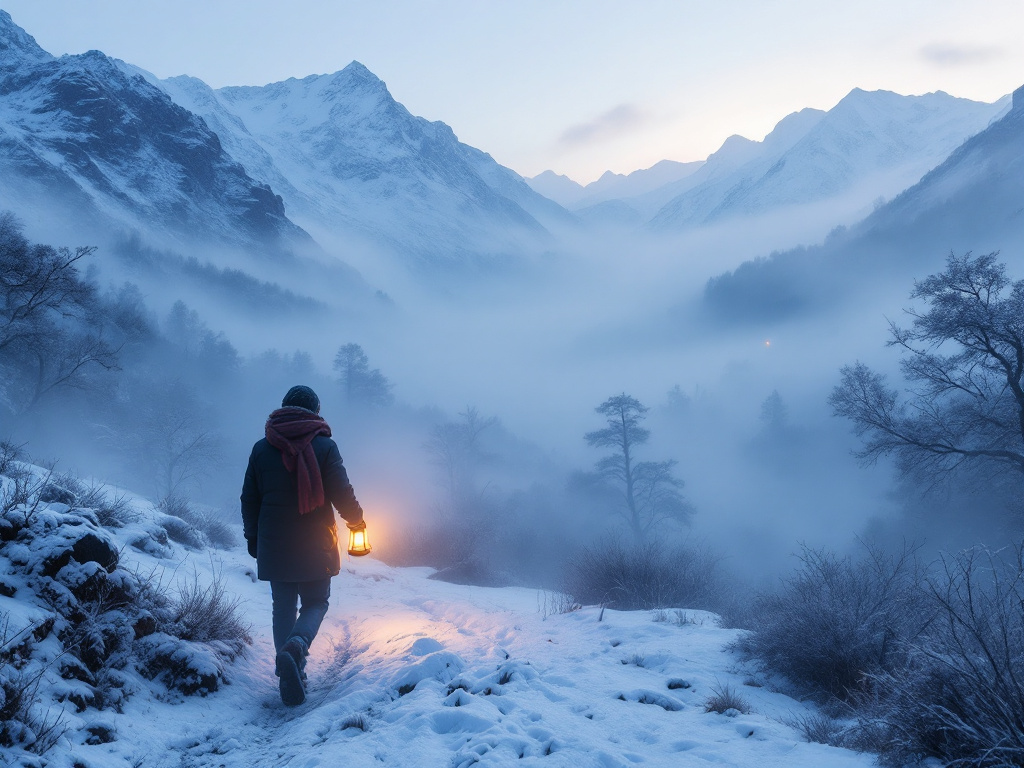
10. Heavy Rainfall and Flood Warning in Saudi Arabia
In a dramatic shift, Saudi Arabia has been issued a heavy rainfall warning, with forecasts indicating that several regions will experience intense storms over the coming week. Meteorologists have expressed concern over the potential for flash floods in urban areas. The Saudi government has urged citizens to take safety precautions and avoid traveling during peak rain periods. In particular, the city of Jeddah is expected to face severe weather conditions. Local authorities are gearing up for emergency responses, with flooding being a significant concern given the region’s infrastructure challenges.
11. Tensions Between India and Bangladesh Over Hindu Minorities
There has been a noticeable increase in protests in India, particularly in Jammu, over the treatment of Hindu minorities in Bangladesh. These protests, organized by several Hindu groups, are calling on the Bangladesh government to provide greater protection to its Hindu population, who have reportedly faced increasing persecution in recent years. The issue has brought the spotlight back on the India-Bangladesh relations, with India urging its neighbor to ensure the safety of all minorities within its borders. Diplomatic discussions between the two countries are expected to intensify as the situation develops.
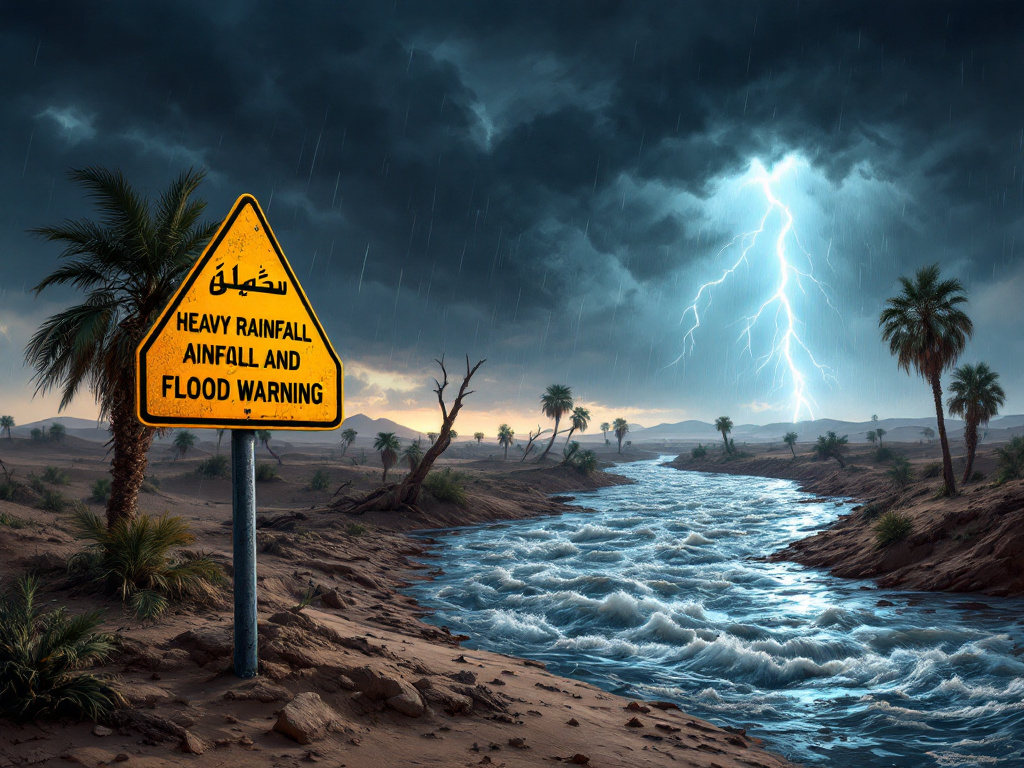
12. Kashmir Snowfall Boosts Tourism
Kashmir, known for its serene landscapes, has been experiencing heavy snowfall, particularly in areas like Gulmarg and Sonamarg, which have become popular destinations for skiing and snowboarding. This winter’s snowfall has not only attracted tourists from across India but also international visitors eager to experience the snow-covered beauty of the region. However, the snowfall has also led to roadblocks and disruptions in local travel. Despite these challenges, Kashmir’s winter tourism industry is set to benefit from the influx of visitors, bringing much-needed revenue to the local economy.
13. Delhi’s Pollution Level Worsens
Delhi’s air pollution levels have once again hit hazardous levels, with experts warning that the city is facing one of its worst pollution seasons in recent years. The city’s residents are advised to wear masks and limit outdoor activities, especially children, elderly, and those with respiratory conditions. The Delhi Pollution Control Committee has suggested a range of measures, including banning certain industrial activities and increasing green spaces. However, experts argue that long-term policy changes are essential to address the root causes of Delhi’s persistent air quality issues.
These reports provide a detailed snapshot of the current political, environmental, and socio-economic challenges and developments across India, highlighting the complexity of the nation’s ongoing issues and the measures being taken to address them.

